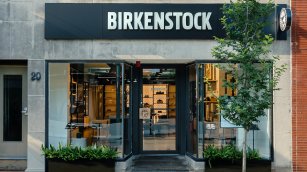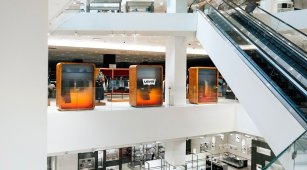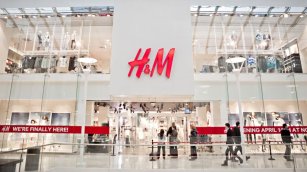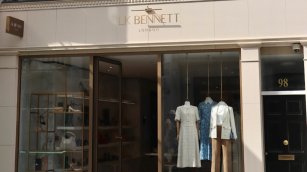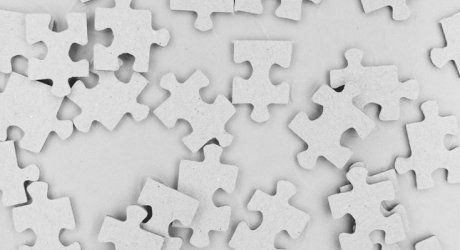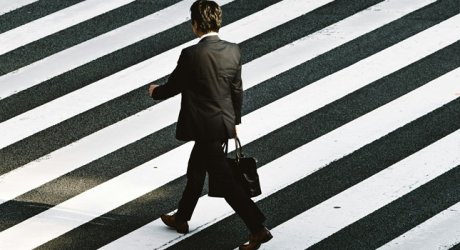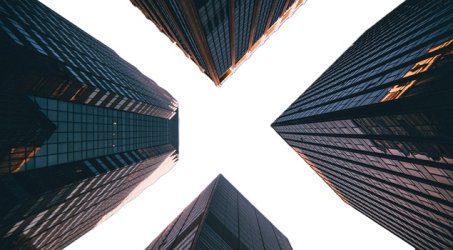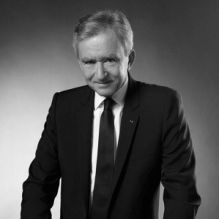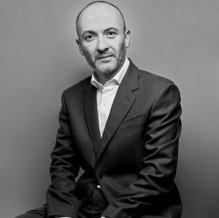L’Oréal Partners With Nvidia to Boost AI Use in Tailored and Eco-Conscious Beauty
Real-time diagnostics, 3D renderings and predictive formulas. The French group will integrate artificial intelligence into its consumption model, product development and customer relations to ensure its progress in innovation.
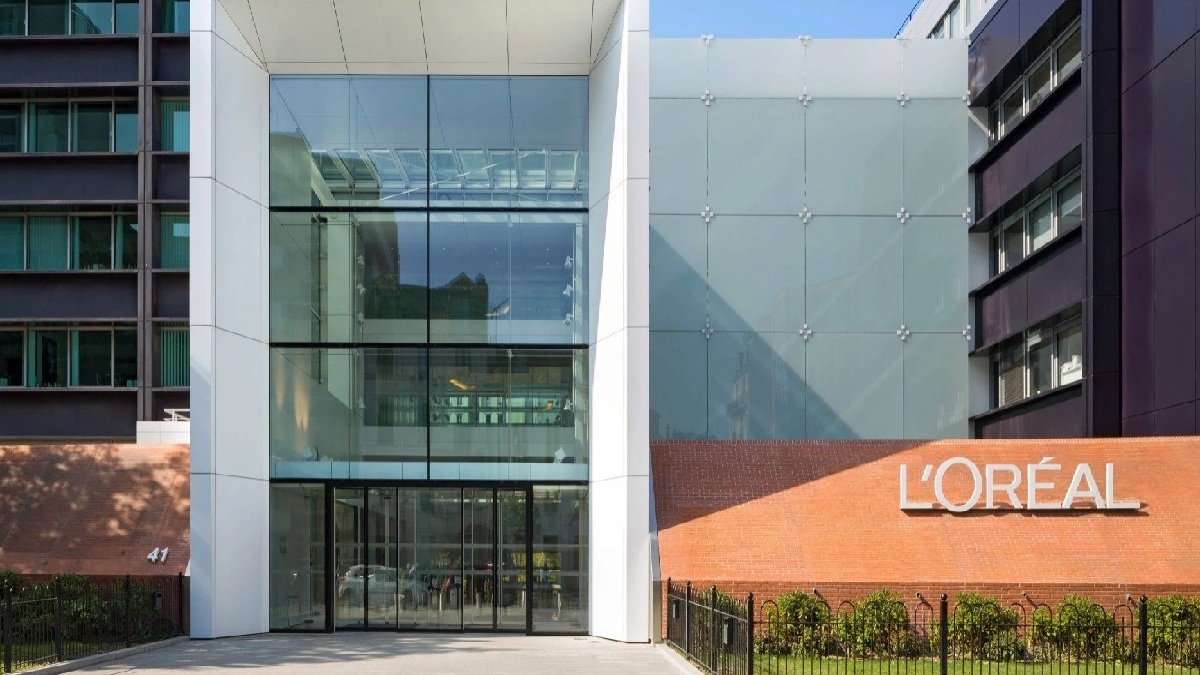

L'Oréal reinforces its commitment to artificial intelligence with a strategic alliance with Nvidia. The cross-cutting agreement marks a new step in the integration of generative modeling, dermatological data and advanced computing into the core business of the world's largest cosmetics group.
"The future of beauty is being rewritten by generative artificial intelligence," defended Nicolas Hieronimus, CEO of L'Oréal, during his speech at the VivaTech technology event in Paris. The executive highlighted the group's pioneering role in the use of data, algorithms and predictive models applied to the science of personal care and pointed out that the company already works with more than 16,000 terabytes of data, in addition to maintaining partnerships with key players such as Nvidia or NanoEntek.
The new agreement with Nvidia will enable the group to scale and deploy new digital experiences supported by generative artificial intelligence and agentic AI, or autonomous intelligence. According to L'Oréal, the goal is to integrate these capabilities in key areas such as content creation, personalized recommendation and next-generation product development.
Asmita Dubey, the group's chief marketing and digital officer, explained that the goal is to generate "unprecedented engagement " by combining creativity and technology. For her part, Azita Martin, Nvidia's vice president for FMCG, underlined that the partnership will enable L'Oréal to "innovate faster, personalize marketing and improve conversion".
L'Oréal and Nvidia lead technology partnership to accelerate innovation
The partnership has already led to concrete initiatives. Creaitech, a generative AI-based content platform, enables the creation of 3D renderings and digital campaigns for the group's brands. This tool seeks to scale the group's creative capabilities while maintaining high visual quality standards.
The second project is Noli (acronym for No One Like I), a startup driven by L'Oréal that functions as a multi-brand platform to connect each consumer with the most suitable products. The system uses a diagnostic engine fed by more than one million dermatological data and thousands of analyzed formulas. According to the company, 85% of users value trust over price when choosing a beauty product, and personalization will be key to building that trust.
The latest addition is AI Refinery, an infrastructure developed together with Nvidia and Accenture, already operational on Microsoft Azure, that enables rapid experimentation and development of responsive AI. The tool will be integrated into Noli to adapt the offering to real-time changes in consumer habits.
Among the most advanced applications, also presented at VivaTech, is the so-called "longevity wheel", a technological solution capable of anticipating the effects of skin aging in record time. This technology, already integrated into Lancôme products, enables rapid diagnoses and personalized responses through cosmetic products.
L'Oréal has also begun to roll out agentic AI-based experiences, from augmented reality makeup tests to virtual assistants such as Beauty Genius, which has already held more than 400,000 conversations in the United States and will soon be available on WhatsApp.
Artificial intelligence projects seek traceability, sustainability and new formulas
AI is not only being integrated into creative and consumer relationship processes, but also into the group's sustainability strategy. "Artificial intelligence will be a key ally in moving toward more sustainable beauty," said Hieronimus, who cited the AirLight Pro dryer as an example of eco-efficient innovation, as well as the use of algorithms to improve traceability in the sourcing of natural ingredients.
In perfumery, the Gallic company is also applying AI to design responsible fragrances such as Osmobloom, optimized from molecule to final formula. "We are revolutionizing our R&D: we can now project molecules and formulate products at unprecedented speed," said the CEO.
Despite the growing weight of data and predictive models, Hieronimus insisted on the importance of preserving the human component in decision-making and creative processes. Beyond algorithms, there is intuition, which stems from experiences that are not always conscious," he stressed; "creativity remains our compass.
L'Oréal closed 2024 with a 5.6% growth in sales, to €43,486 million, driven by the good performance in Europe, its largest market, which grew by 9.3%. Operating profit rose to €8,687 million. Despite a 3.4% decline in North Asia, the group posted increases in all other regions, with Latin America (13.3%) and Asia-Pacific (12%) standing out. The dermatology division posted the strongest growth, with sales of €7,027 million.

